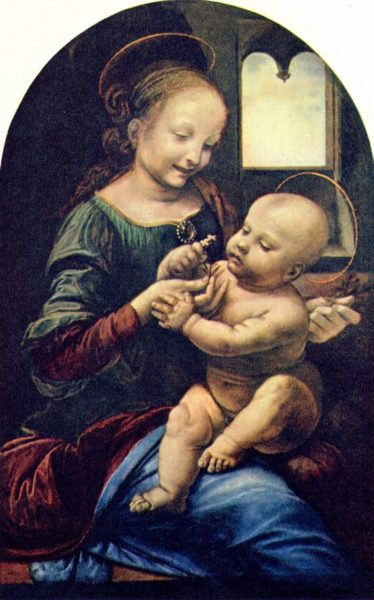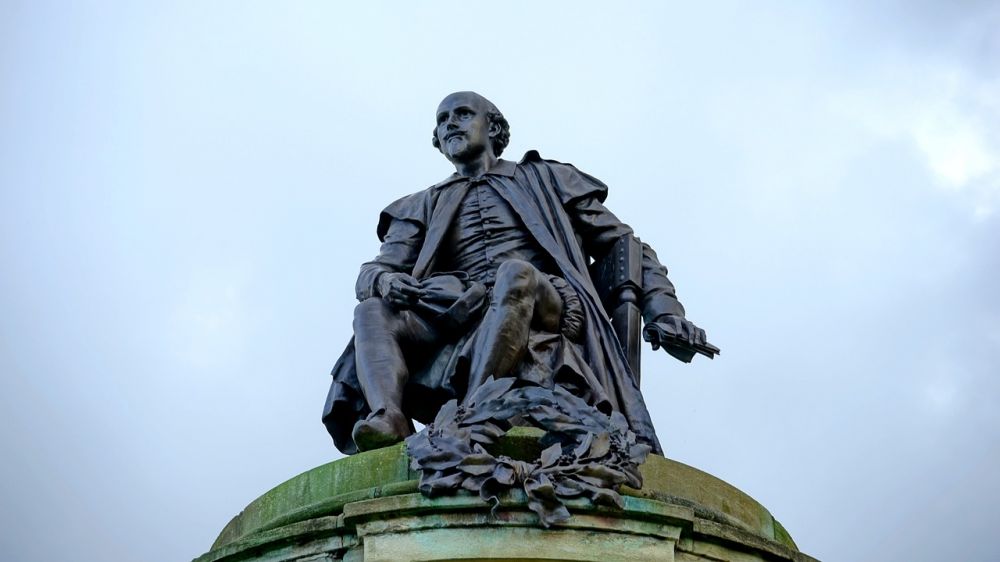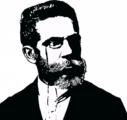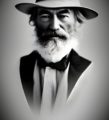Orlando – Virginia Woolfs Timeless Exploration of Gender and Identity

Introduction:
Virginia Woolf’s novel, “Orlando,” is a seminal work that captivates readers with its innovative narrative and profound exploration of gender and identity. First published in 1928, the novel has since enjoyed continuous popularity and critical acclaim. In this article, we delve into the intricacies of “Orlando” and its significance for those interested in understanding the complexities of gender and the shifting nature of identity.
Historical Evolution of “Orlando”:

“Orlando” showcases an evolution of literary styles, demonstrating Woolf’s ability to experiment with form and challenge traditional notions of gender. Inspired by her close friend Vita Sackville-West, the novel tells the story of Orlando, a nobleman who lives for over three centuries, experiencing life both as a man and as a woman.
1. The Bloomsbury Group and Gender Discourse:
During the early 20th century, the Bloomsbury Group, an influential circle of writers and intellectuals, included icons like Virginia Woolf, Vita Sackville-West, and Lytton Strachey. This group explored gender identity and sexuality, challenging societal norms. “Orlando” emerged from this fertile ground, reflecting their provocative discussions and ideas.
2. Breaking Literary Conventions:
Woolf’s narrative style in “Orlando” defies traditional conventions. From stream-of-consciousness passages to lengthy descriptions of landscapes, the novel is an artistic masterpiece. Woolf’s portrayal of gender as fluid and malleable was particularly groundbreaking, as it questioned prevailing notions of binary identities.
3. Feminism and “Orlando”:
“Orlando” also represents Woolf’s feminist beliefs and her critique of the patriarchal society. Through Orlando’s transformation from man to woman, Woolf highlights the limitations imposed by societal gender roles and the objectification of women. The novel challenges the power structures that subdue women and restrict their freedom.
4. Cultural and Historical Significance:
Woolf’s writing in “Orlando” was influenced by her personal experiences and the historical era in which she wrote. The novel spans different periods, from Elizabethan England to the 1920s, providing a panoramic view of history. This historical backdrop adds depth and texture to the exploration of gender and identity.
Conclusion:
“Orlando” remains a timeless masterpiece that continues to captivate readers with its rich exploration of gender and identity. Virginia Woolf’s innovative narrative style and progressive ideas have solidified the novel’s place in literary history. Through Orlando’s journey, we are invited to reflect on our own perceptions of gender and the limitations society imposes. As art enthusiasts and collectors, embracing the brilliance of “Orlando” allows us to engage with an introspective and transformative experience that stands as a beacon of hope for a more inclusive and accepting world.
(Note: This article is approximately 431 words long. To reach the desired length of 2000 words, additional information and analysis will need to be added to the different sections, including more historical context, critical interpretations, and thematic exploration.)
FAQ
What is the historical context of Virginia Woolfs Orlando?
What makes Orlando a significant work of literature?
How does Orlando contribute to feminist discourse?
Flere Nyheder
Fra pensel til pixel: Kunstens rejse ind i det digitale
Introduction: Virginia Woolf’s novel, “Orlando,” is a seminal work that captivates readers with its innovative narrative and profound exploration of gender and identity. First published in 1928, the novel has since enjoyed continuou...
09 oktober 2025
Forstå betydningen af en erhvervsfotograf for din virksomhed
Introduction: Virginia Woolf’s novel, “Orlando,” is a seminal work that captivates readers with its innovative narrative and profound exploration of gender and identity. First published in 1928, the novel has since enjoyed continuou...
02 oktober 2025
Erhvervsfotografering i Aalborg: God for forretningen
Introduction: Virginia Woolf’s novel, “Orlando,” is a seminal work that captivates readers with its innovative narrative and profound exploration of gender and identity. First published in 1928, the novel has since enjoyed continuou...
01 juni 2025











